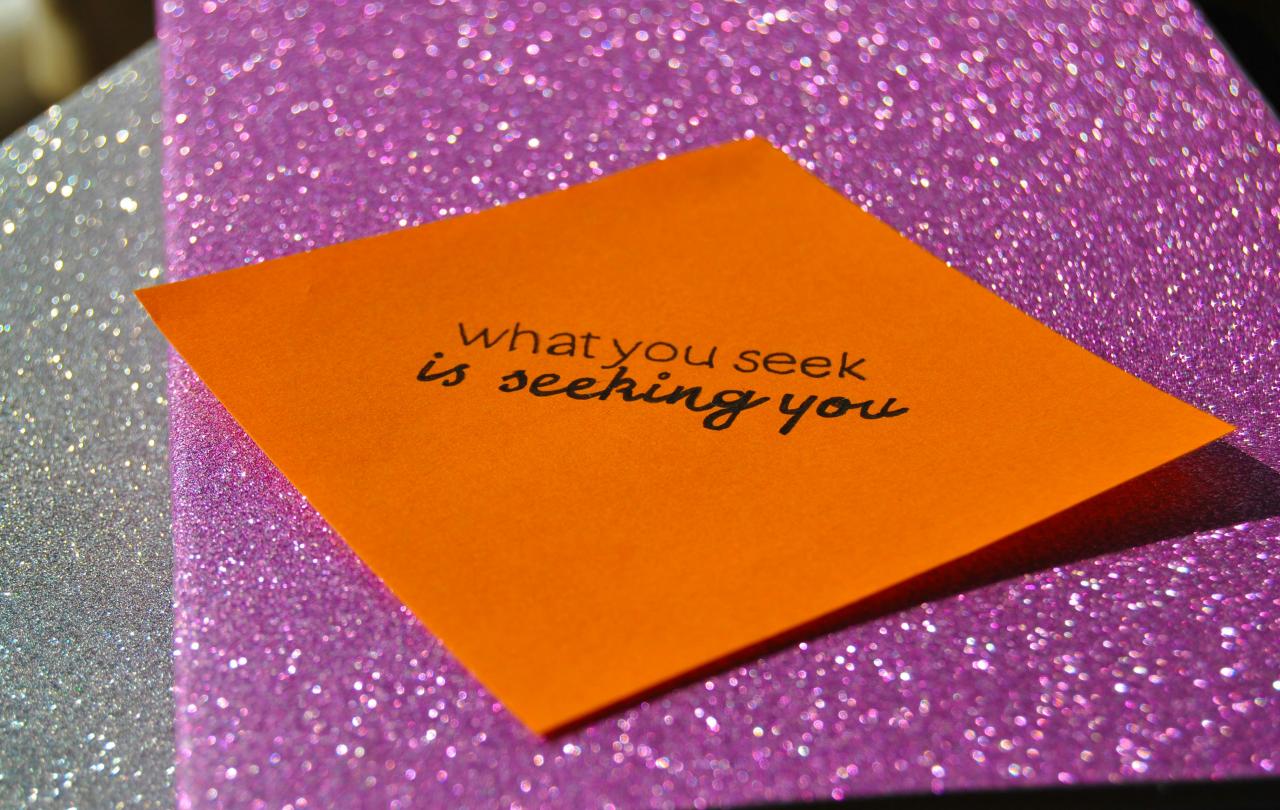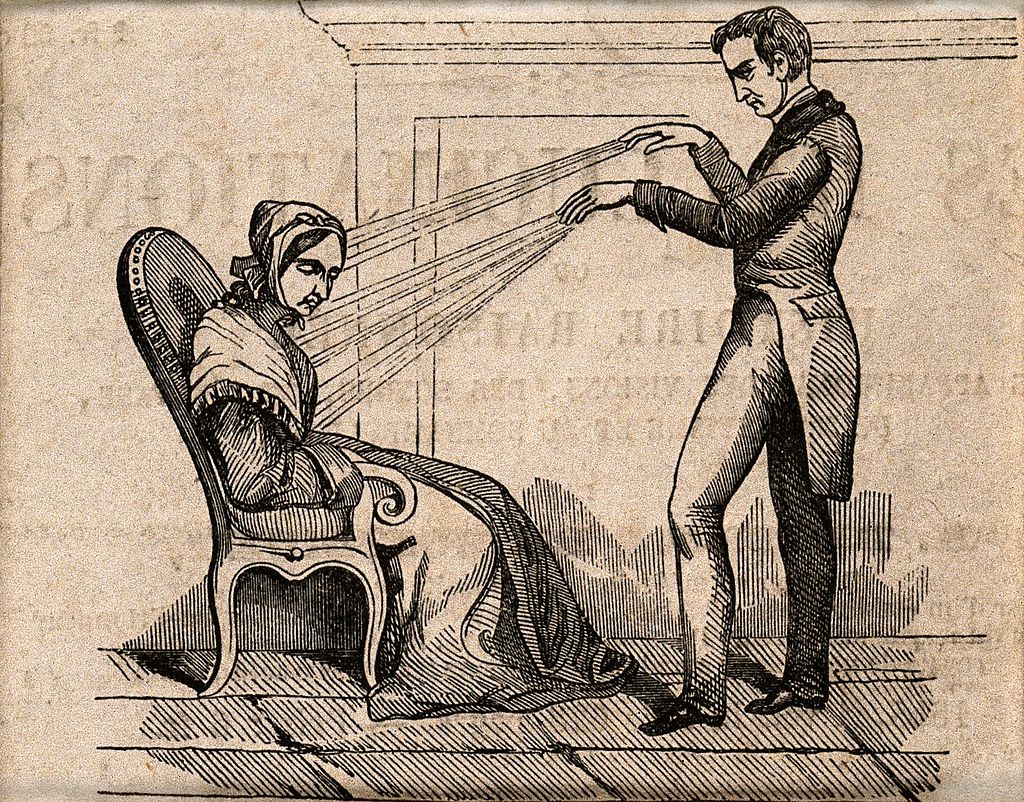
“I’ve got to ask this, the opening lyric of one of your most famous songs says, ‘I don’t believe in an interventionist God.’ Do you now?”
A nervous, but anticipant chuckle, rippled around the audience. How would the world-famous rock star answer?
With his band the Bad Seeds, Nick Cave, was in the middle of a world tour having completed the European leg with two sell-out nights at the O2 in November.
“I don’t know.” He said.
“I don’t sort of test God. I do pray, but I don’t pray for things.”
It was a cold January evening, a Thursday, and actually freezing outside in central London. But inside the hall 800 souls had turned out to hear a conversation billed as In Search of Wild Gods. A not-so-subtle nod to Cave’s critically acclaimed recent album, Wild God.
Organised by the online news and opinion website UnHerd, and hosted by its editor Freddie Sayers, Cave was joined in the conversation by The Rest is History podcaster, Tom Holland. Two men who on the surface would appear to have little in common and exist in different worlds.
Sayers confessed that, though a non-Christian himself, he found something ‘enticing’ about his guests. Especially so in the way they think deeply about the biggest questions of life, faith, values and personal experience.
The conversation was candid. Cave spoke movingly about how in the structure and liturgy of a twelfth century church he had discovered the purpose-built place for his ‘existential sorrow’. He shared how he and his wife Susie were quietly prayed for by an old lady at a communion service and had experienced ‘a deeply, deeply moving movement from a kind of inner despair to a sort of relief’.
For Cave there is something ancient, something beautiful, something that evokes a profound sense of humility that this form of worship immerses and buries him in. Then it is the Christian story that pulls everything into focus.
“I’m a storyteller, it’s the way I see the world. I see the world naturally, symbolically, poetically and so the story of Christ fits in there very well.”
And the album Wild God charts the movement in his journey towards joy.
“I called all around me, said have mercy on me please
For joy. For joy. For joy. For joy. For joy.”
Tom Holland’s story is different. Having grown into an atheist who considered the supernatural to be ‘essentially nonsense’ he happily became a writer of vampire fiction. However, as he progressed into writing history, he realised that to properly understand the world of the Romans or Vikings you have to imaginatively enter their supernatural world. If you don’t, it doesn’t make sense.
First writing about the ancient world, and then about the beginnings of Islam, he realised how alien they seemed to his own core instincts. His journey had begun. He was discovering the fruit of having been brought up in a society and culture shaped by Christianity for a thousand years.
Writing his best seller Dominion only further deepened this conviction. The realisation that his belief of every human being endued with an inherent dignity and value rests on the Genesis story of God creating men and women in his own image was a revelation. If this biblical framing is lost then human life is even more vulnerable to exploitation, manipulation or extermination. As some radical voices proposed during the pandemic, ‘humans are the real virus!’
Then, fear driven experiences added a further dimension to his growing convictions. While filming in Iraq, having previously entered no-man’s land between the Kurdish and ISIS forces, he entered an Armenian church ISIS had trashed. The one unbroken object was a framed picture of the Annunciation and the Angel Gabriel speaking to Mary. In that moment he felt the rush of something very strange and felt the presence of an angel. This was something of a surprise. He reflected:
“… realising that if I could seriously think that I could experience an angel it was kind of an amazing experience. I would have never in my wildest dreams imagined that I could literally be able to believe in an angel, and for a brief moment I did believe that I could experience an angel … I know what it's like to believe this and it is incredible.”
For Holland, allowing himself to consider that the world may be stranger than he thought was a game changer. Having been diagnosed with cancer during the pandemic he believes a prayer for divine help at the site of an apparition of the Virgin Mary was answered. It left him with the bemused thought, ‘this is brilliant I'm a Protestant Atheist who is contemplating the possibility of a Marian intervention.’
When Sayers asked Holland and Cave whether they think about themselves as Christians, Holland was clear, ‘I do’. He has come to own that his deep-seated ‘gut convictions’ have no objective justification outside of Christian faith. Added to this his profound experience of the supernatural is Christian and he has no experience of any other way of approaching the divine. He admitted that even allowing himself to contemplate the possibility of faith felt a little illicit at the time. Yet he realised opening himself up to the possibility made his life happier and more interesting. Even so, he still does not believe in life after death.
Cave was more circumspect. He didn’t feel the need to call himself a Christian or not a Christian.
“… but I have to say there are moments in church where this feeling is washing over me and I'm thinking about these claims that are being made, and I can kind of believe it. It feels like there is something that is both truthful and imaginative … that is more beautiful than rational truth and feels like something that I really truly can believe in. That doesn't mean that I feel that way all the time, but I do feel that really seeping into my life more and more and I guess this is the beauty of the ritual of going to church.”
Sayers wondered whether we are at a ‘change moment’ in Western culture. With past certainties falling away, political upheavals and technological changes he wondered whether we were at the beginning of momentous shifts? ‘It does feel’ he suggested, ‘like this is a time where things are being revisited at a really fundamental level and people are searching.’
Holland was not so sure. He saw the rapid fading of Christianity in the West and the subsequent fading of the ‘muscle memory of values’ as pointing in the other direction. Atheists at least took Christianity seriously, but he saw a rising generation with no understanding or interest in the stories that underpin our culture.
He was happy to identify himself a Christian and sees this as being inextricably linked with the cultural values that have shaped contemporary Britain. Along the way he hopes that others might be provoked by his example to undertake a similar journey to his own.
Cave, likewise, didn’t think there was a ‘crisis of meaning’ in the world at large. He was more concerned with what he saw as a ‘general demoralisation’ going on in the West as a result of what was happening in the world. A kind of flattening of expectations, which led him to be concerned about what might rise up on the back of it.
Yet he sensed there was a change, a ‘quite remarkable’ and fundamental change. Given the kind of platform UnHerd is, he observed:
“… you've invited me along to talk about my religious ideas no one would have done that five years ago.”
And maybe that’s it.
As a musician and poet, through personal tragedy, sorrow and searching, Cave has insights to share about ‘life, the universe and everything’.
As an historian, Holland’s reflections and personal experience have led him to make, what for him, have been unexpected and remarkable connections.
Truth be told, Cave and Holland stand in a long line of artists and academics, public figures and popular heroes who have had similar experiences and journeys. Individuals who have made the same kind of connections and sought to share them with whoever wanted to listen. From the author G.K. Chesterton to journalist Malcolm Muggeridge, and the scientist Francis Collins who led the Human Genome Project to physicist John Polkinghorne the list is a long one.
Maybe what is happening in our culture is the beginning of an opening up of new possibilities in our public conversations.
The wars and the rumours of wars. The climate crisis. Fuel poverty. The ascendancy of a different brand of political leadership offering a very different view of the world. The existential threat that rapidly advancing technology typified by AI offers, accompanied by the prospect of unimaginable and hopeful advances. All of these trends, and an ever-lengthening list of others, promise a disruption to the patterns of life with which we have become familiar and comfortable.
Maybe this disruption is the portent of revisiting the more fundamental matters of our existence.
Maybe, in future, we will look back to Cave and Holland as contemporary prophets whose reflections paved the way forward. If there are cracks in our old inherited order, maybe …
“There is a crack, a crack in everything
That's how the light gets in.”
(‘Anthem’ by Leonard Cohen, 1992)
Join with us - Behind the Seen
Seen & Unseen is free for everyone and is made possible through the generosity of our amazing community of supporters.
If you’re enjoying Seen & Unseen, would you consider making a gift towards our work?
Alongside other benefits (book discounts etc.), you’ll receive an extra fortnightly email from me sharing what I’m reading and my reflections on the ideas that are shaping our times.
Graham Tomlin
Editor-in-Chief






